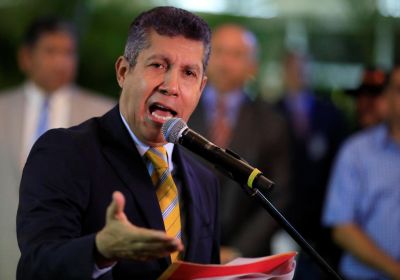
The United States administration has stepped up its efforts at “regime change” in Venezuela in recent weeks.

The United States administration has stepped up its efforts at “regime change” in Venezuela in recent weeks.

It is important to understand the context and the intended (as well as likely) effects of the US administration's actions. With encouragement from Florida Senator Marco Rubio and other Republicans, US President Donald Trump has been trying to help topple the elected government of Venezuela.
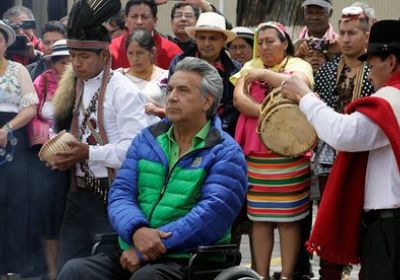
National sovereignty is an undervalued asset in today’s world, especially in the international media, where the views of Washington and its allies largely prevail. This is true with regard to economic as well as political issues, and its consequences can be quite heavy in a region like Latin America, long regarded by US officials as their “back yard.”
The election in Ecuador is being watched as well as contested by forces that have opposing views on this question.

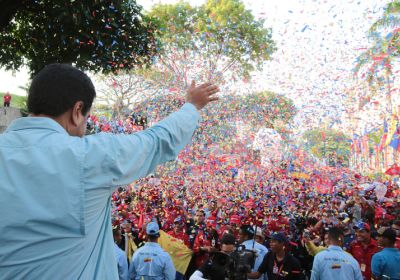

When is it considered legitimate to try to overthrow a democratically-elected government? In Washington, the answer has always been simple: when the US government says it is. Not surprisingly, that is not the way Latin American governments generally see it.
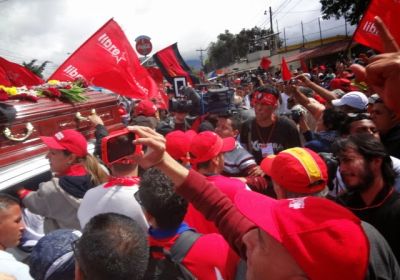
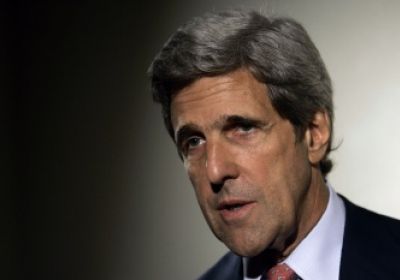
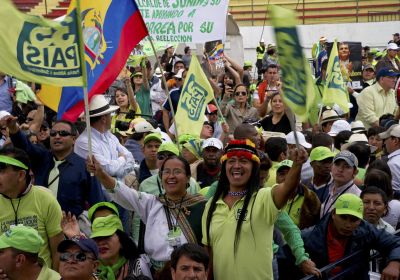
Ecuadorian President Rafael Correa was re-elected in the first round of the country's February 17 presidential poll. Preliminary results released with 30% of the votes counted gave Correa 58% of the votes, compared with 24% for the runner-up, right-wing banker Guillermo Lasso, ABC.net.au said on February 18.